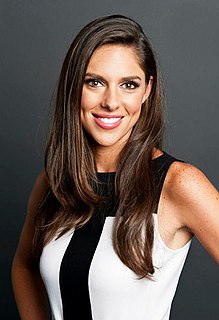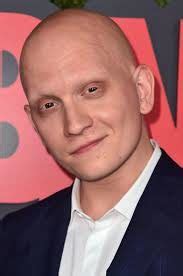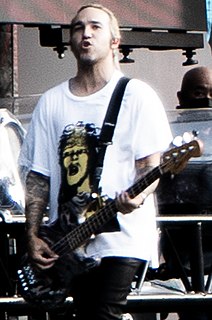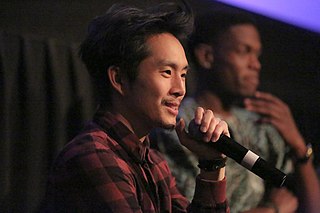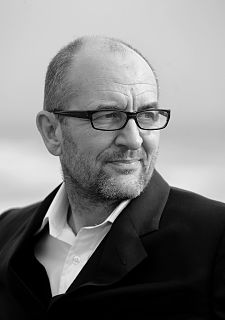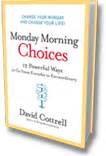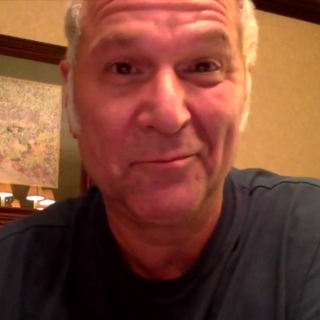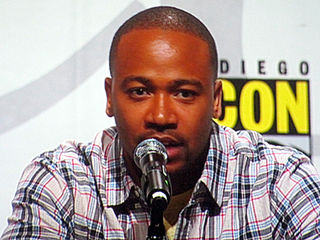A Quote by Johnny Depp
My job, as an actor, is to give the director options. You can only hope that the takes that you thought were the best were chosen. But, then again, if I don't watch it, I'll never know.
Related Quotes
You can only be your best self. When I initially got on the air, I would look around me and watch people that I thought were really good and try to be like they were. And I got to a point where I realized, "I can't be them." I can only be the best that Abby can be. And as long as I'm myself and I'm genuine and I'm real, then I think that's all you can do.
Ultimately your job as an actor is to perform however you're being asked to perform and there's many different procedures as an actor that you're going to run into that you should be prepared for and be ready to go to work and do the best you can and give the director the best thing you can to hopefully give him things on that day that could be shot preserved and out into a canned, then when they go into the editing room that's where a movie's made.
Do you remember when you were 10 or 11 years old and you really thought your folks were the best? They were completely omniscient and you took their word for everything. And then you got older and you went through this hideous age when suddenly they were the devil, they were bullies, and they didn't know anything.
In Hong Kong, in our generation that started out in the 1970s, being a director wasn't a big deal. We didn't even have director's chairs. We weren't particularly well paid. The social standing of a film director wasn't that high. It was a sort of a plebeian job, a second or third grade one. And the studio heads are always practical, there's never any fawning because someone is a director. There's very little snobbery about one's position as a director. The only ones people treated differently were those that were also stars; or the directors who also owned their companies.
Do you know,' he said again softly, addressing his hands, 'what it is to love someone, and never - never! - be able to give them peace, or joy, or happiness?' He looked up then, eyes filled with pain. 'To know that you cannot give them happiness, not through any fault of yours or theirs, but only because you were not born the right person for them?
The only reason you even start a band is so you can hang out with your friends all the time, but somewhere along the line, it just ends up becoming a job. You were doing it because you were like, 'I never want to have to get a job,' then all of a sudden it becomes the biggest job you could ever imagine.
I did this one movie with a great director named Wayne Kramer. It was 'Crossing Over,' and Harrison Ford, Ashley Judd and Ray Liotta were in it. I was one of the leads, and I thought this was it. It got shelved for two years, and then it was in theaters maybe a week. After that, I adopted a philosophy of, 'Hope for the best, expect the worst.'
My dad was a lovely guy. I had great parents. But he was a conservative shopkeeper, and he said, "Look, I don't know how to help you as an actor, but if you want to be an actor, give it a go for a year. Get a job. And if you don't get a job, then we're going to reevaluate and you're going to go back to school." And I thought that was a fair thing.
You stay with the foundation and then you just try different things because you don't know how the director will cut it and you want to give him, what will work, and you want to give him some options, give yourself some options, discover some things when you start to play. That's what we do; we get paid to play.

